- About
About us
- Departments
Department
Engineering
Engineering
POST GRADUATE
BUSINESS ADMINISTRATION
SCIENCE & HUMANITIES
- Admission
Admission
INFORMATION
- Students
Students
FACILITIES
Cell
Information
- Research
- Placement
- Academics
- Inauguration 2023
- Alumni
- Careers
- NIRF
- IQAC
- Mandatory Disclosures
- Contact Us


